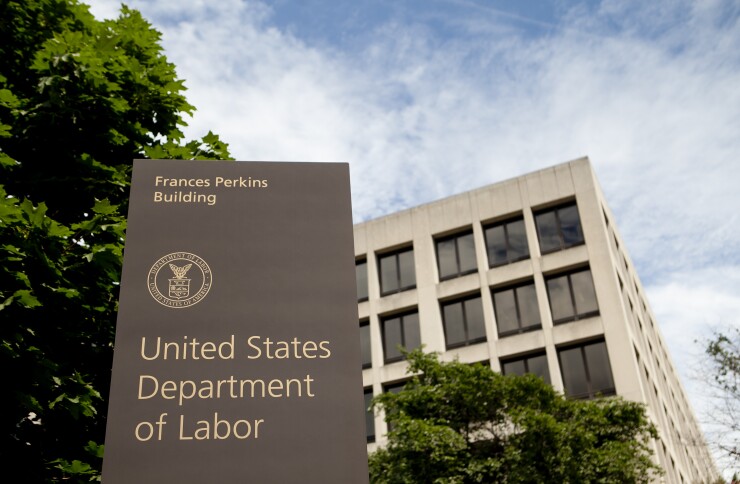The U.S. Department of Labor issued a
The rule clarifies that an employer can only take a tip credit for the hours when a tipped employee is doing work that’s either tip-producing or engaged in tasks that directly support the tip-producing work, as long as the tipped worker doesn’t spend a substantial amount of time doing the tip-supporting work. The rule defines a substantial amount of time as more than 20% of the hours worked during the employee’s workweek or a continuous period of time that exceeds 30 minutes.

The Fair Labor Standards Act requires employers covered under Section 6(a) to pay nonexempt employees a minimum wage of at least $7.25 per hour. Employers are allowed to satisfy a portion of its minimum wage obligation to a “tipped employee” by taking a partial credit, known as a “tip credit,” toward the minimum wage based on the amount of tips an employee receives provided the employer meets certain requirements.
The final rule also amends the regulations in the Biden administration’s Executive Order 13658, which address the hourly minimum wage paid to employees performing work on or in connection with covered federal contracts, consistent with the amendments to the dual jobs regulations.
The Labor Department said the rule would enhance the Wage and Hour Division’s ability to ensure essential workers benefit from every protection the law affords them, as many tipped employees stayed on the job throughout the pandemic at risk to themselves and their families.
“Women, people of color and immigrants represent more than half of all tipped workers,” said Wage and Hour Division Acting Administrator Jessica Looman in a statement. “Today’s final rule enhances protections for this vital segment of the nation’s essential workforce, and combats income disparity and promotes equity.”
The final rule takes effect Dec. 28, 2021.





